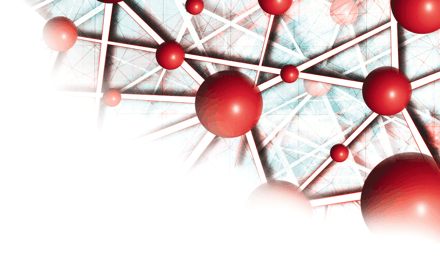Protein KINASE C–Dependent Remodeling of Glutamate Transporter Function
Abstract
Glutamate is the predominant excitatory neurotransmitter in the mammalian central nervous system and is critical for essentially all physiological processes ranging from control of motor and somatosensory function to information processing and storage. Like many other small molecule neurotransmitters, transporters localized to the plasma membrane control the extracellular concentrations of glutamate. These transporters are both acutely and chronically regulated by several different mechanisms that presumably contribute to the protection of the nervous system from hypo- or hyper-glutamatergic function. In this review, we will describe our emerging understanding of one aspect of glutamate transporter regulation that is dependent on protein kinase C. More than a decade of extensive research on glutamate receptor–specific therapeutics has been driven by the hypothesis that these agents might be useful for pain management, treatment of schizophrenia or other psychiatric disorders, and prevention of neurodegenerative diseases. We assume that, in this modern era of drug discovery, understanding the endogenous regulatory mechanisms that are activated under physiological and pathological conditions will be required before one can target transporters for a ubiquitous neurotransmitter like glutamate.

- © American Society for Pharmacology and Experimental Theraputics 2004



